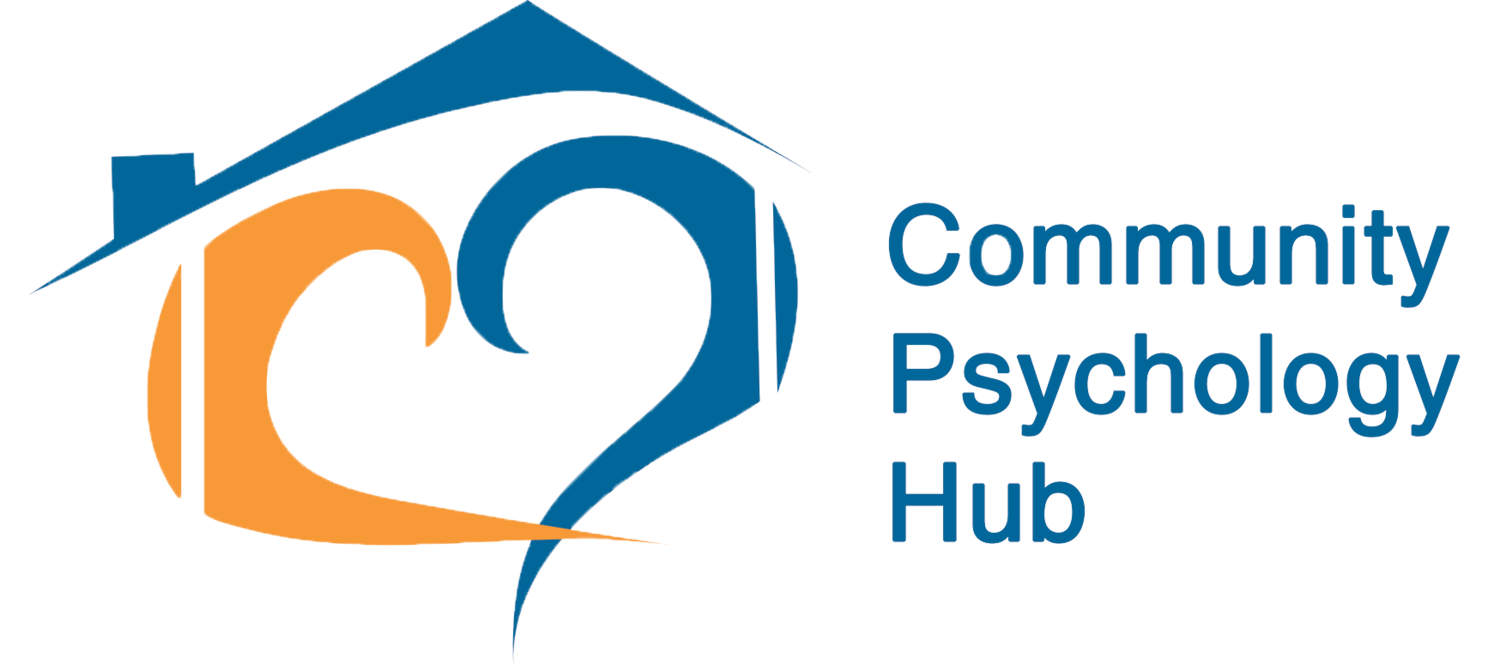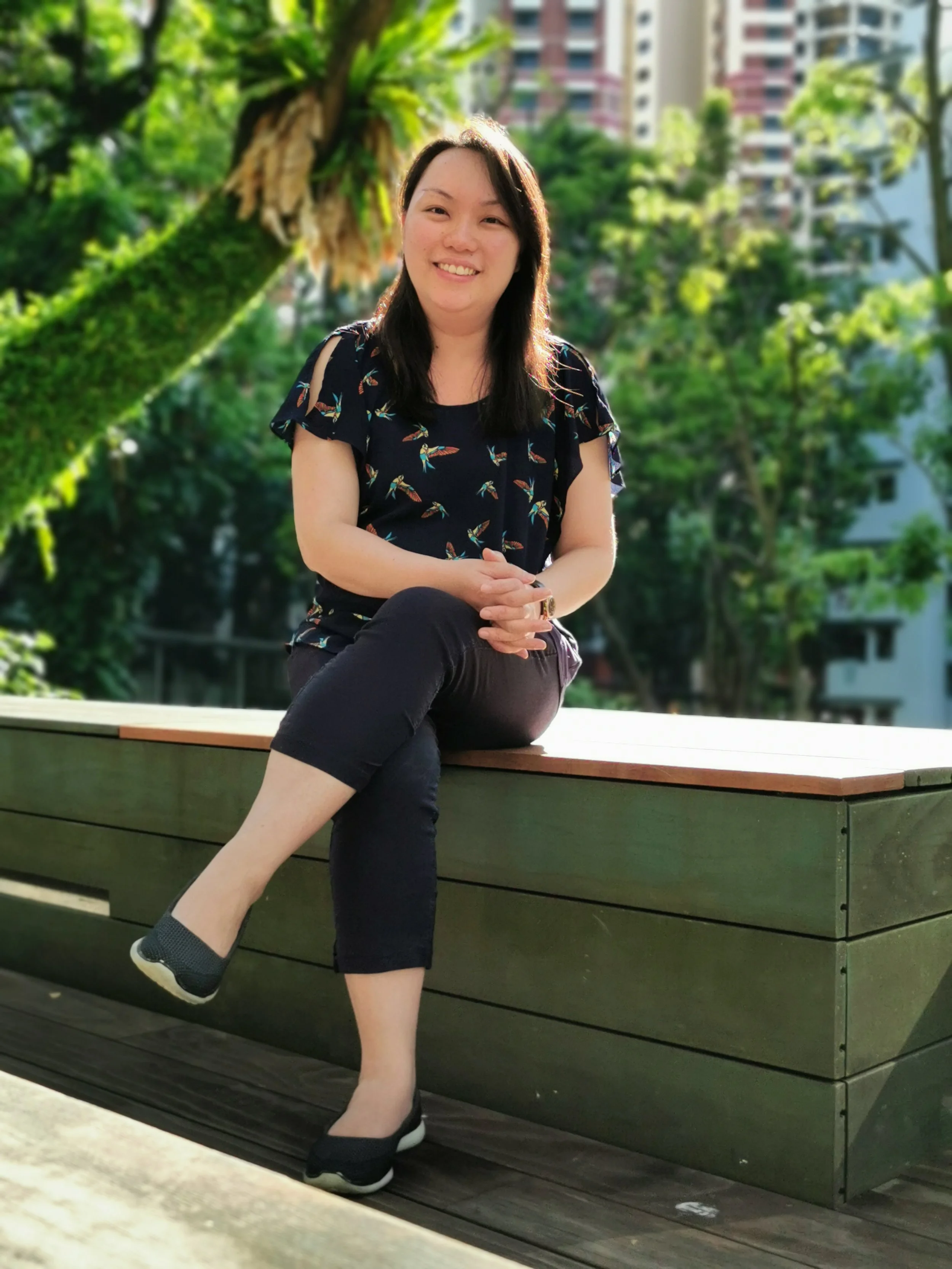“One needs to be filled, in order to give. Back at CPH on Fridays, I am nourished by the work that my colleagues do, and the things that I learn from them. ”
“You are not here on Fridays, right?”
“So what do you do when you go back (to CPH) on Fridays?”
5 years since I began life at CPH, these 2 questions still rank as the most common questions I receive from my colleagues/ friends. So, what exactly is life at CPH like these days?
The work week
For most of us, the work week consists of a 4-days stint at the Social Service Organisation (SSO) we are deployed to, and 1 day back at CPH. During deployment days, some of us might be called to travel to various places in Singapore for therapy work with clients. Others might stay in the CPH office to do research, or stay within the SSO’s centre as part of the EIPIC programme.
My typical work day starts at 8am at SPD@Tampines. While I previously had to travel to different preschools in the Eastern part of Singapore as part of the Development Support Learning Support programme, being part of the Early Intervention Programme for Infants & Children (EIPIC) meant that I was at the centre most of the time. I have also quickly learned that in EIPIC, work is never routine. Within a single day, I might have conducted an assessment, classroom observations, and met up with parents to discuss post EIPIC plans for their child. In addition, since we work within a team setting in EIPIC, some parts of the day could be spent speaking with the child’s Occupational Therapist or Speech and Language Therapist to get a better idea of his/ her needs and what we could work on next.
Being a psychologist in EIPIC also means having the privilege of seeing both sides of the coin. I once participated in a caregiver bonding session and heard first hand from them about their fears, struggles, about the choices they made, and the skills that they had. These “softer” aspects are usually not seen when we speak to caregivers during more formal meetings, as the focus is on discussing about their child. Hearing the sharing by caregivers helped me to see the other side of them, and reminded me that they have their own unique identity and stories, which might be overshadowed by the amount of care and dedication they put into their child’s lives.
Support and learning
One needs to be filled, in order to give. Back at CPH on Fridays, I am nourished by the work that my colleagues do, and the things that I learn from them. This comes in the forms of informal discussions, the CPH Practitioner Series, external speakers, supervision sessions, and monthly case presentations. Hearing about the myriad of cases, and learning new things – custody evaluation, mental capacity assessments, complex assessment cases, family violence cases, screening for child abuse – gives me more exposure to the complexity of work undertaken by psychologists. Seeing the thought processes, dedication and perseverance of my colleagues in handling these cases spurs me on and inspires me to keep doing the same for my own clients.
Hearing about their work reminds me of why I decided to become a psychologist, especially when I get too caught up in my own cases and how to proceed on them. Their sharing about their challenges and reflections resonate with me, nicely put into words by Mother Teresa, that "In this life we cannot do great things. We can only do small things with great love." While we hope for our clients to achieve their goals, and strive towards that, sometimes that might be hard to achieve given the many factors affecting success: motivation to change, family challenges, need for more experience etc. Perhaps then, while we continue to aim for success, the greater lesson is to keep doing what I do, and what I can, with great love.
Support also comes in the form of identification work-wise and life-wise. Since many of us are deployed to EIPIC centres, it is easy to find support when we share about our difficulties at work, or the victories we have experienced. However, since quite a few of us have also become new mothers, we also support each other in our motherhood journeys, getting the empathetic nod when we speak about disrupted sleep, or when we talk about how the baby flings food across the room. One colleague put it across aptly when she said that “this is the perpetually tired club”; the rest of us nodded in silent agreement. We also gaze in awe at the more experienced parents, who can easily put an infant to sleep within 5 minutes of laying him on their shoulders, and who dish out helpful advice about parenting.
As CPH grows in numbers, I am really thankful for NomNom Fridays, monthly Friday gatherings where food is ordered in and we hang around and chit chat while eating. It is a great time to catch up with colleagues, and to bond with one another. Some of us take these friendships further, meeting outside of work to catch concerts, musicals, going for durian parties etc. etc.
Home truly
I felt this many years ago, and this sentiment still holds true for me now. To me, coming back to CPH on Fridays is something I anticipate, because of our unique culture of openness, learning, kindness and humility. Back home, there is a culture of learning from our mistakes, and affirmation for our efforts. I also find it easy to speak openly with my leaders, because they are empathetic, and open to hearing about my concerns, and addressing them with courage and honesty. As much as I have learnt from my fellow psychologists clinically, I have also learnt much about leadership from my leaders. Indeed, as I look back on the 5 years, I am thankful to have been a part of its pioneer generation “growing up” in CPH!
Bernadette Chan, Senior Educational Psychologist

